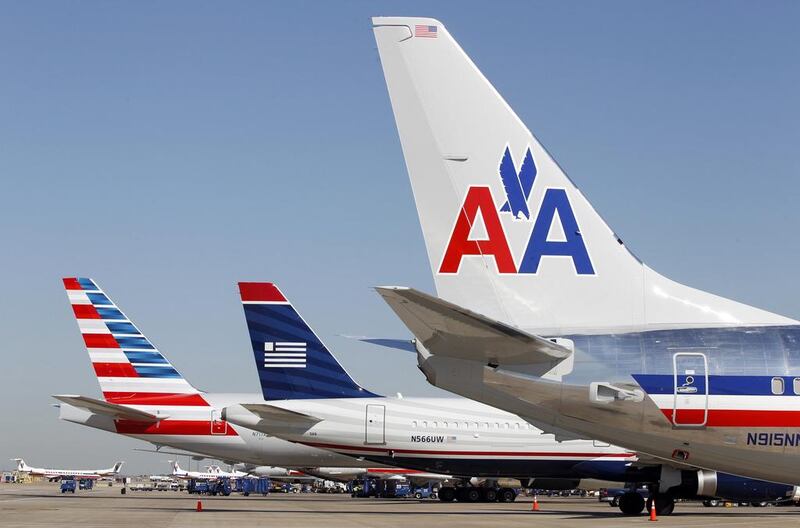Like most people, American travellers are usually glad to save a few dollars. Many would welcome more flights to the US from Emirates, Etihad Airways and Qatar Airways, if the increased competition led to better service and lower fares. However, Americans are also sceptical that competition from the Gulf fleets will have much impact on US carriers’ notoriously tasteless food, nitpicking fees and pinched seating.
“It’s going to take a change in management to change the American airlines,” said Douglas Kidd, executive director of the National Association of Airline Passengers, a passenger advocacy organisation. “The only thing they’re looking at is their bottom line. Their response to increased competition has been to cry foul and try to do something about their competition, rather than taking a look inside their own organisation.”
Debate over the US-UAE Open Skies agreement has taken off among politicians and industry leaders recently.
“What Emirates is doing is competing in the marketplace,” Tim Clark, the company president, told a conference in Washington DC last week. “We offer a great product at a competitive price, which appeals to the consumers who choose to fly with us.”
But some of the largest US carriers, along with their unions, protest that the supposed competition is unfair.
American travellers – the supposed centrepiece of this whole debate – have not been paying much attention.
Neither the National Association nor the International Airline Passengers Association (a larger organisation of mainly UK and US frequent flyers) has heard from its membership on this topic. “What matters to our members is the service we receive inside the plane,” said Mr Kidd.
I spoke to more than a dozen Americans who were either passengers or waiting to greet arriving passengers at JFK airport in New York City recently, and the majority said they favoured increased choice.
“It’s better with competition. The customer always wins,” said Ashleigh Petillo, 24, a teacher from New York City who was taking an Emirates flight to Dubai.
In addition, allowing more non-US airlines to reach more cities “helps with our international relationships”, said Lewis Stennis, 27, a computer science student at Texas State University.
Others, however, were cautious about foreign brands. “I don’t know that it’s a bad idea, if the security is OK,” mused Beth, 43, an administrative assistant from Baltimore who was anxiously awaiting her son’s arrival from Tel Aviv on a little-known Russian airline, Transaero.
By security, Beth said, she meant both the reliability of the aircraft and the procedures for checking passengers for weapons.
Some people strongly supported the big US carriers’ arguments about unfair competition.
“I don’t believe they [foreign carriers] should come to more American cities if they’re subsidised, because that would hurt American jobs and American business” – even if reduced competition meant that she paid higher fares – said Joanne, 50, a corporate attorney from Chicago.
Michael Cintron, director of consumer and travel industry affairs at the international passengers association, was optimistic that, to meet the Gulf competition, “the US carriers will raise their level of service to the extent they can”.
Sceptics, though, scoffed that nothing will bring prices down to earth.
To the contrary, predicted Varghese Thomas, 28, an assistant manager at a Dunkin’ Donuts outlet in New York City, whose parents were flying back home to India.
With more competition, “more airlines are going to have not enough passengers”, he said. “They will have to keep fares up because their costs are so expensive.”
Fran Hawthorne is a US-based writer who covers business, finance and social policy





